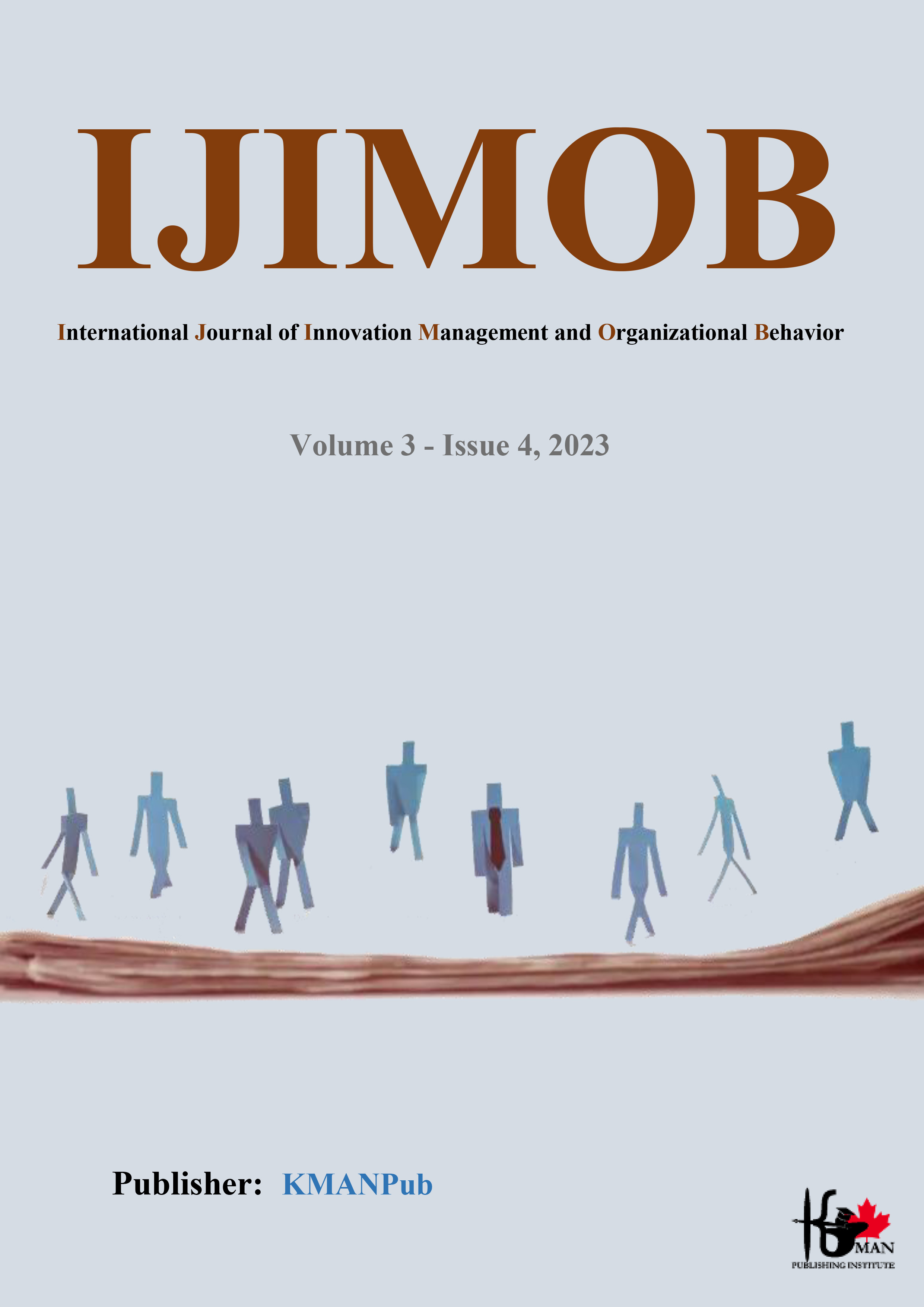Identifying Strategies to Overcome the Challenges of Implementing Islamic Accounting in Iran and Its Globalization
Keywords:
Islamic accounting, Iran, globalization, regulatory issuesAbstract
Objective: The objective of this study is to identify strategies to overcome the challenges of implementing Islamic accounting in Iran and explore its potential for globalization.
Methodology: This qualitative study was conducted in Tehran, Iran, utilizing semi-structured interviews to gather data from 22 participants, including academics, accountants, financial managers, and policymakers. Participants were selected through purposive sampling to ensure a diverse range of insights. Data were analyzed using thematic analysis to identify key themes and subthemes related to the challenges and strategies for implementing Islamic accounting. The interviews were transcribed verbatim, and the data were coded and categorized to derive meaningful patterns and themes.
Findings: The study identified several major challenges in the implementation of Islamic accounting in Iran, including regulatory issues, lack of standardization, deficiencies in knowledge and expertise, cultural barriers, and technological limitations. To address these challenges, the study proposes strategies such as policy reforms, enhanced training and education, development of unified standards, public awareness campaigns, technological advancements, and international collaborations. Additionally, the potential for the globalization of Islamic accounting is significant, driven by market demand for ethical finance, cultural compatibility, regulatory alignment, institutional support, technological integration, academic research, and stakeholder engagement.
Conclusion: The successful implementation of Islamic accounting in Iran requires a multifaceted approach that addresses regulatory, educational, cultural, and technological challenges. By adopting the proposed strategies and leveraging the potential for globalization, Islamic accounting can be effectively integrated into Iran's financial systems and promoted internationally.
Downloads
Downloads
Additional Files
Published
Submitted
Revised
Accepted
Issue
Section
License
Copyright (c) 2023 Nasrolah Moraadpoor (Author); Aliakbar Chaharmahaly (Corresponding Author); Hashem Nikomaram (Author)

This work is licensed under a Creative Commons Attribution-NonCommercial 4.0 International License.
















